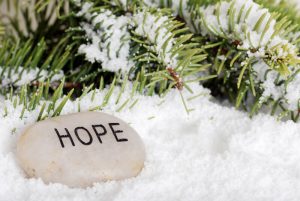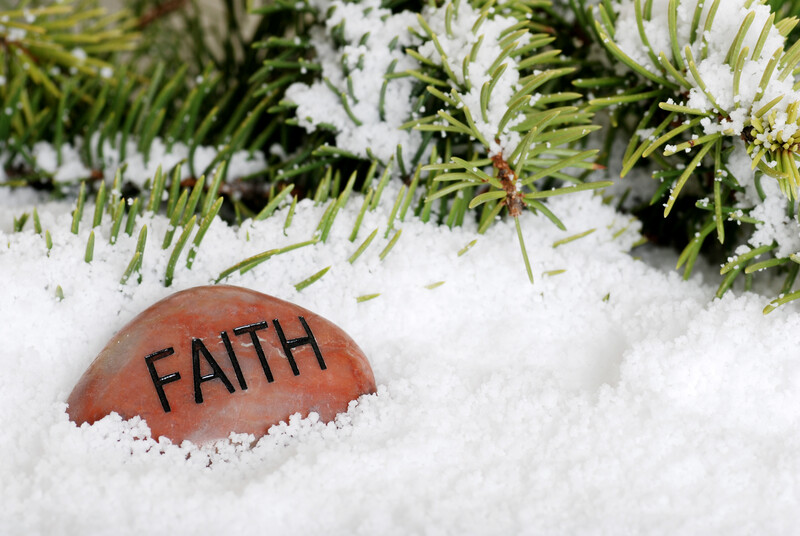
Ruth Chapter 2:
You’ve received the diagnosis, put to rest your loved one, come to grips with reality. The suffering you’re enduring is not going away. Day by day passes and you pray for comfort or a resolution of your anguish. Relief seems far away as you wait for God to move.
So, what do you do in the waiting? I can imagine Ruth and Naomi in their suffering. They have placed their faith in God and returned to Bethlehem, all the while wondering how God will move. How would He heal their brokenness? How would they manage as they waited for God?
First, Naomi and Ruth did not become paralyzed with fear, but moved in faith. According to the Levitical law if a woman was widowed and had not had children, the nearest male relative was to marry her to maintain the family name (Deuteronomy 25:5-10). Naomi knew of a kinsman of the clan of her husband Elimelech who could fulfill this law by marrying Ruth, one who could be a kinsman redeemer. Ruth, understanding this, told Naomi, “Let me go to the field and glean among the ears of grain after him in whose sight I shall find favor.” (Chapter 2:2). Ruth stepped out in faith, believing that God would provide, and He did. “So, she set out to come to the part of the field after the reapers, and she happened to come to the part of the field belonging to Boaz.” (Chapter 2:3). God’s providence led her to the field of a kinsman redeemer.
Second, Ruth did not give up on God, but held on with perseverance. She gleaned in the field of Boaz from early morning until Boaz took notice (Chapter 2:7). The scripture does not say exactly how long she gleaned, but the response of the reapers seems to indicate that she had worked for quite a while with only a short rest (Chapter 2:7). The truth is that sometimes the wait is long. Romans 5:3 says, “Not only that, but we rejoice in our sufferings, knowing that suffering produces endurance, and endurance produces character, and character produces hope, and hope does not put us to shame, because God’s love has been poured into our hearts through the Holy Spirit who has been given to us.” Ruth did not give up on God.
So, what does the story of Ruth teach us about God? As the story unfolds, the providence of God, his provision and his love are evident. His character is revealed in the details.
First, in our physical and spiritual brokenness, the Lord sees us in our suffering, and he does not turn away. It was no accident that God led Ruth to the field of Boaz and that Boaz noticed her (Chapter 2:5). Boaz saw Ruth, even in her shame and suffering, and God sees us.
Second, in our physical and spiritual brokenness, the Lord shelters us under his wing. Boaz tells Ruth, “The Lord repay you for what you have done, and a full reward be given you by the Lord, the God of Israel, whose wings you have come to take refuge.” (Chapter 2:12)
Third, in our physical and spiritual brokenness, the Lord serves us at his table. Chapter 2:14 says, “And at mealtime, Boaz said to her, “Come here and eat some bread and dip your morsel in the wine.” As illustrated in the 23rd Psalm, we are welcome and invited guests at the Lord’s table. He fills our cups until they are overflowing.
The truth is the Lord looks down on us when we are spiritually fractured with compassion and grace. When we place our hand in His, accept his grace and step out in obedience we can find comfort in knowing that we are not alone in our suffering. His providence will sustain us as he showers us with kindness, mercy, goodness, and self-less loyalty. The greatest lesson we learn from Ruth is that God, our kinsman redeemer, has sent himself in the form of His Son to save us from our sin.
Are you struggling to see God in the waiting? Abide in Bethlehem. Jesus is in the details. He sees you, shelters you and provides for you. Are you physically hurting? Abide in Bethlehem. Jesus will weep with you. Are you struggling with shame and sin? Abide in Bethlehem. Jesus sees you and wants to redeem you.
